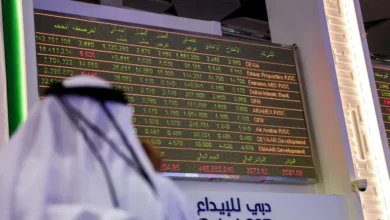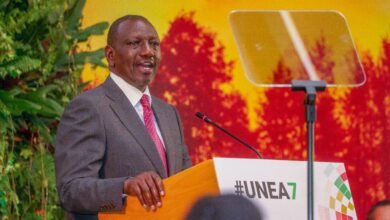
Kenyans are staring at a high cost of living in the near future due to the ongoing diplomatic brawl between Russia and Ukraine.
With Russian President Vladimir Putin having convened an extraordinary meeting with the country’s security council, any military action will go a long way to deal Kenya a big blow.
Kenyans rely heavily on bread and would see the cost of the product soar should Russia choose to resolve the spat through military means. Kenya depends heavily on imported wheat from both Russia and Ukraine.
Price of bread has in the recent past shot significantly on the back of increased raw material.
Kenya has already expressed its concern in the ongoing row between the two nations, affirming that it is opposed to Russia undermining the sovereignty and territorial integrity of Ukraine by Russia.
Kenya aired the concerns through her Ambassador Martin Kimani, the country’s Permanent Representative to the United Nations (UN) during an emergency Security Council meeting on February 21.
Ambassador Kimani raised grave concerns over Russia recognising the Donetsk and Luhansk regions of Ukraine as independent states, arguing that this was tantamount to leading to a full-blown conflict.
“In our considered view, this action and announcement breach the territorial integrity of Ukraine,” Kimani stated.
“We do not deny that there may be serious concerns in these regions. But they cannot justify today’s recognition of Donetsk and Luhansk as independent states. Not when there were multiple diplomatic tracks available and underway that had the ability to offer peaceful solutions,” he added.
Russia is the fourth-biggest buyer of Kenyan tea, having taken up produce worth Ksh.6.2 billion in the 11 months to November 2021.
The Russian invasion of Ukraine risks a significant hike in global oil prices, pointing possible high inflation rates through high cost of transport and electricity.
The conflict could also trigger a sell-off of shares, pulling down a market that has fully recovered from the economic damage caused by the COVID-19 pandemic.
A major risk event usually sees investors rushing back to bonds and the safest assets in what could hurt the flow of foreign investors to the Nairobi Securities Exchange (NSE) given the foreigners account for 58 percent of trading at the bourse.





